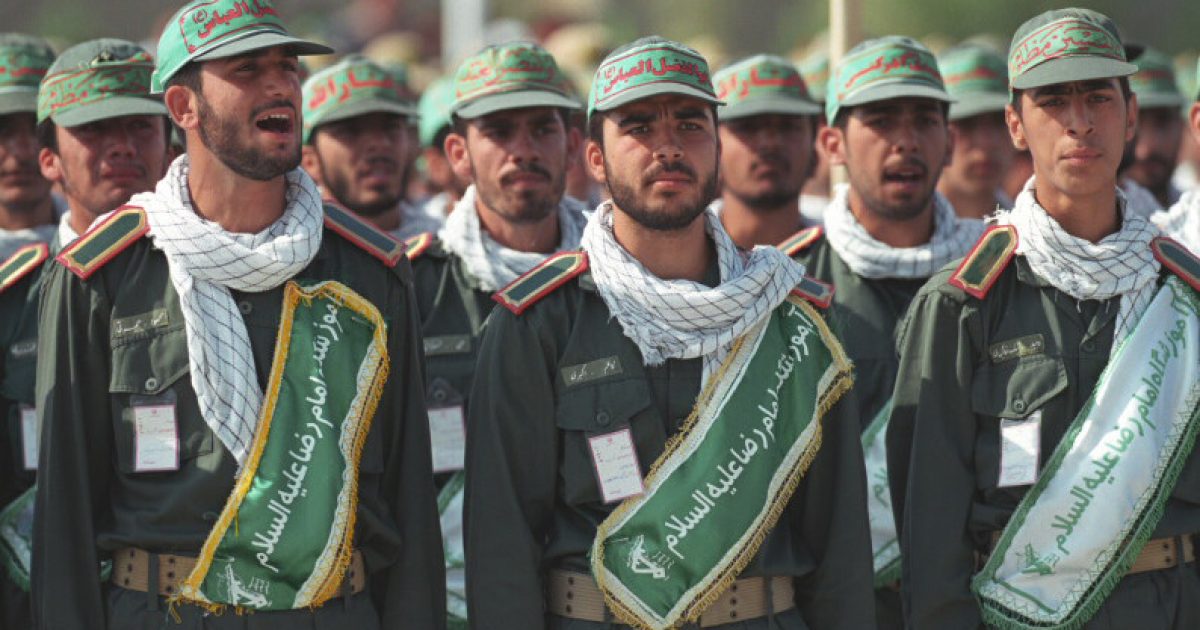
On April 9, 2019, the Trump administration designated the Islamic Revolutionary Guard Corps (IRGC) a terrorist group.
With multiple decades of hostility towards each other, this recent move only solidifies the ill-will between the two countries.
Emily Hawthorne, a Middle Eastern policy analyst at Strafor, argues that this move “creates another tangle of legislation” that will delay potential negotiations for years on end. While speaking with CNBC’s “Squawk Box”, Hawthorne argued that the Trump administration’s bold decision will make future negotiations with the Islamic Republic “more difficult.”
Hawthorne added, “The future U.S. government, if they want to negotiate with Iran or negotiate with the Iranian military in any way, they’re going to have to take the (Islamic Revolutionary Guard Corps) off of this list.”
The foreign policy analyst also pointed out that if the U.S. government does negotiate with Iran in the future, it “would be technically negotiating with a terrorist organization.”
Established in the aftermath of the 1979 Iranian Revolution, the IRGC is an elite branch of the Iranian armed forces. It has considerable economic, military, and political clout within the country.
The Trump administration’s decision, which is set to go into effect on April 15, is the first time that the U.S. State Department has labeled a country’s state military as a terrorist organization. On top of that, a new set of sanctions were slapped on Iran.
Lately, the Trump administration has slightly deviated from its “America First” foreign policy.
Although it has not committed to more foreign policy adventures, neoconservative elements in the Trump administration have undermined it on numerous occasions.
Big League Politics reported how national security adviser John Bolton derailed Trump’s North Korea negotiations. Additionally, the U.S. State Department has maintained an aggressive stance towards Venezuela.
Trump has stated in the past that he is willing to negotiate with Iran without pre-conditions.
However, this will likely change now that his administration has labeled the IRGC as a terrorist organization.
Foreign policy will definitely not change overnight, as defense interests still remain strong even under Trump’s watch.
However, Trump has made some progress with NATO when he was able to get other member countries to pitch in more to overall defense spending.
Should Trump get more allies like Rand Paul, who has sponsored legislation to encourage troop withdrawals from Afghanistan, his America First foreign policy will likely be back on track.



